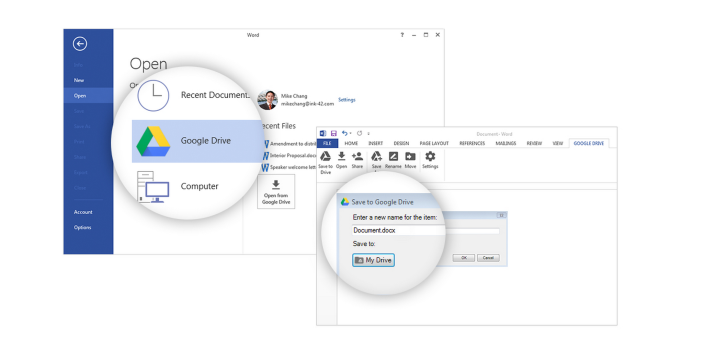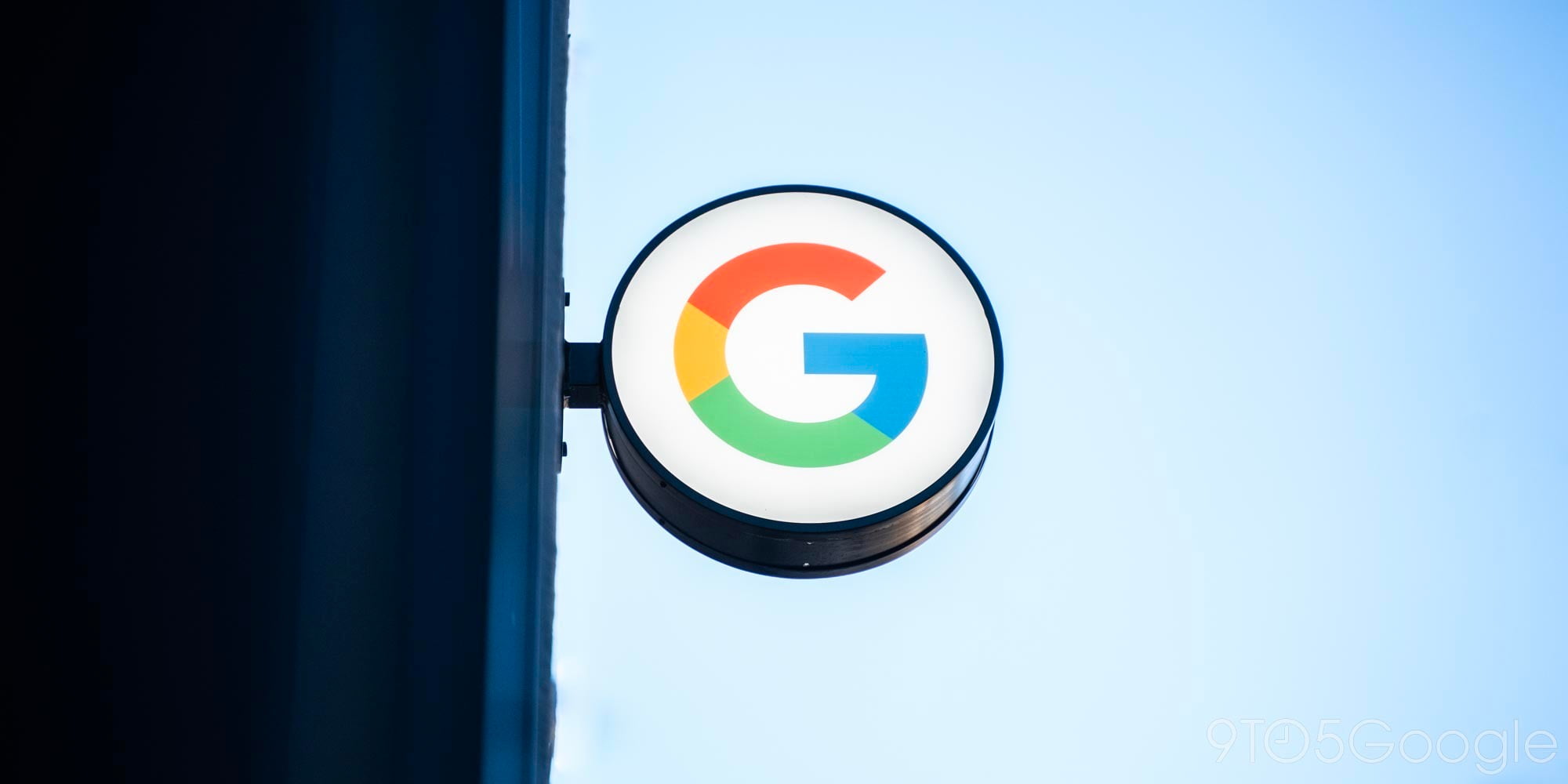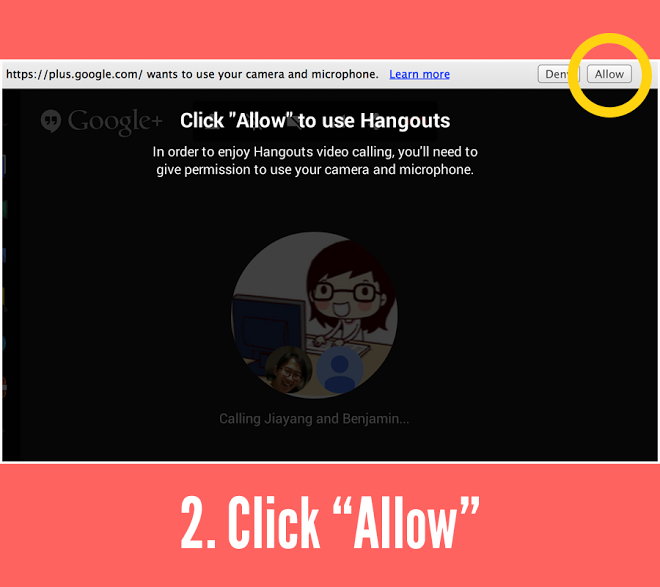Google launches Unity plugin to help developers make Chromecast-compatible games

Google has today launched the Google Cast Remote Display plugin for Unity, in hopes that developers will now be able to more easily bring their mobile games to the TV. This is the same plugin that many games on the Play Store — including Monopoly Here & Now, Risk, and more — already use…
Today we launched the Google Cast Remote Display plugin for Unity to make it easy to take your Unity games to TVs. The Google Cast Remote Display APIs use the powerful GPUs, CPUs and sensors of your Android or iOS mobile device to render a local display on your mobile device and a remote display on your TV.
Google says that, as of today, developers can download the new Remote Display plugin for Unity from both GitHub and the Unity Asset Store.
Developers with preexisting Unity games simply need to import the Remote Display package to their project, add the CastRemoteDisplayManager prefab, and configure cameras for the local and remote displays. More detailed information can be found at Google’s Developers Blog.






